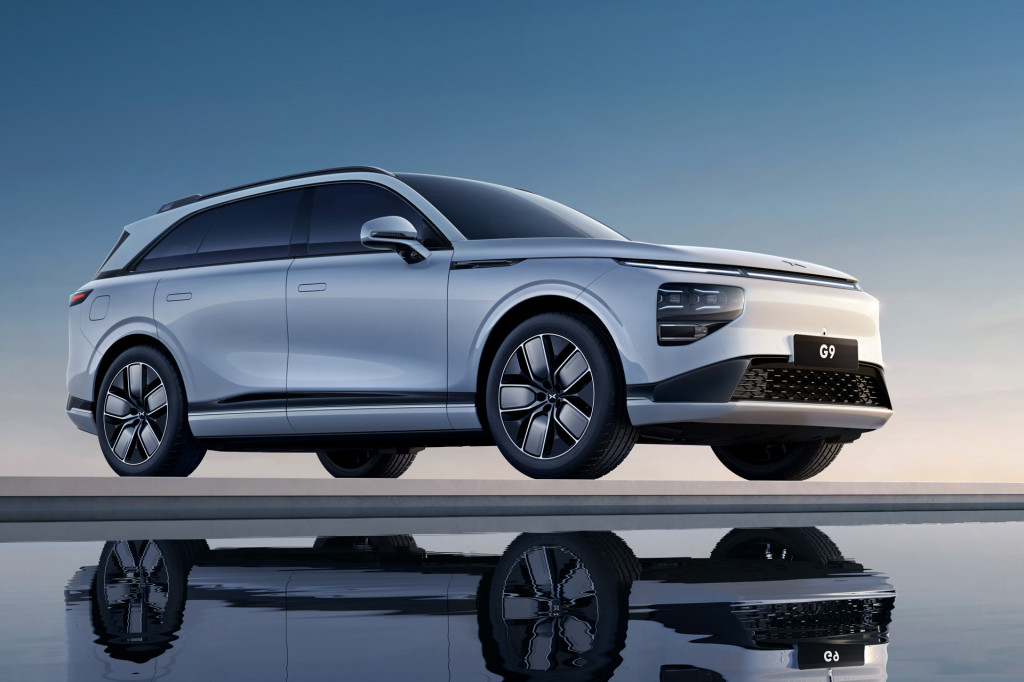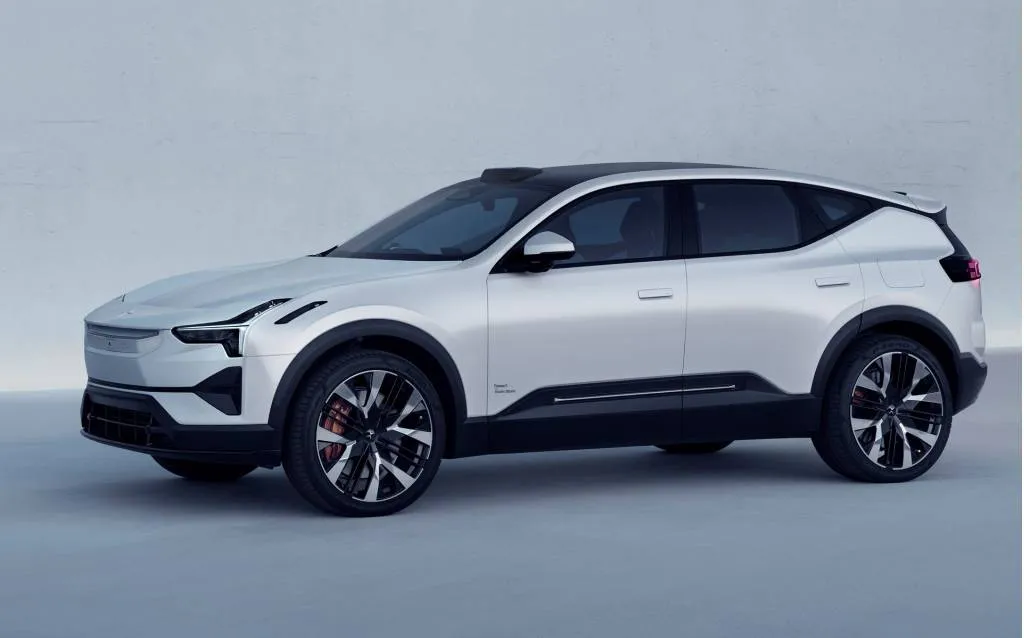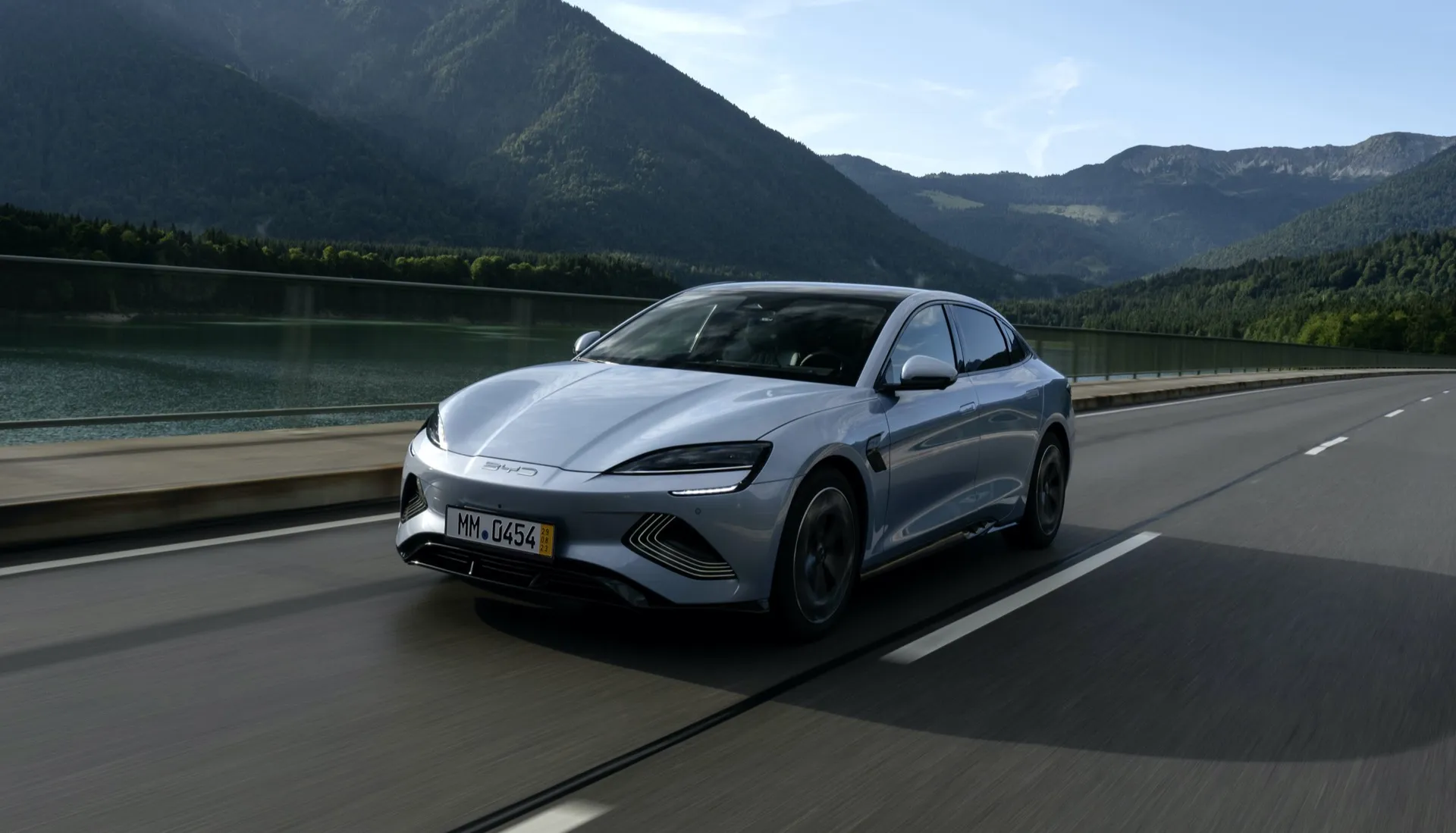China has filed a complaint against the Biden administration’s EV incentive policy with the World Trade Organization (WTO), Bloomberg reports.
New rules for the federal EV tax credit enacted in 2022 as part of the Inflation Reduction Act are « discriminatory » and « seriously distorted » the global EV supply chain, the Chinese Ministry of Commerce said Tuesday in a statement announcing the move.

2022 Xpeng G9
Supply-chain requirements that went into effect at the beginning of this year have already limited the number of EVs that qualify for the full $7,500 tax credit. But the rules also specifically seek to block EVs with battery components or raw materials sourced from businesses controlled by « foreign entities of concern »—including the Chinese government—from getting incentives.
The foreign-content limitation, applying to organizations « owned by, controlled by, or subject to the jurisdiction or direction of a government of a foreign country that is a covered nation » might potentially also cause issues for Polestar, or even Volvo—companies that are turning to U.S. assembly but have an ownership chain that tracks back to China, or a combination of China and shareholders.

2025 Polestar 3
Automakers will face two different proposals to shield the auto industry from China in this election year of 2024: Biden’s supply-chain-focused approach, or Trump’s tariff-focused approach. The former president and presumed challenger to Biden earlier this month announced at a campaign rally that he would apply a 100% tariff to Mexico-built cars from Chinese companies, EV or not.
The U.S. isn’t alone in curtailing EV incentives for Chinese-made vehicles. France also acted to exclude China with its new EV incentive, and the European Union is expected to impose additional tariffs on EVs imported from China, Bloomberg notes.

